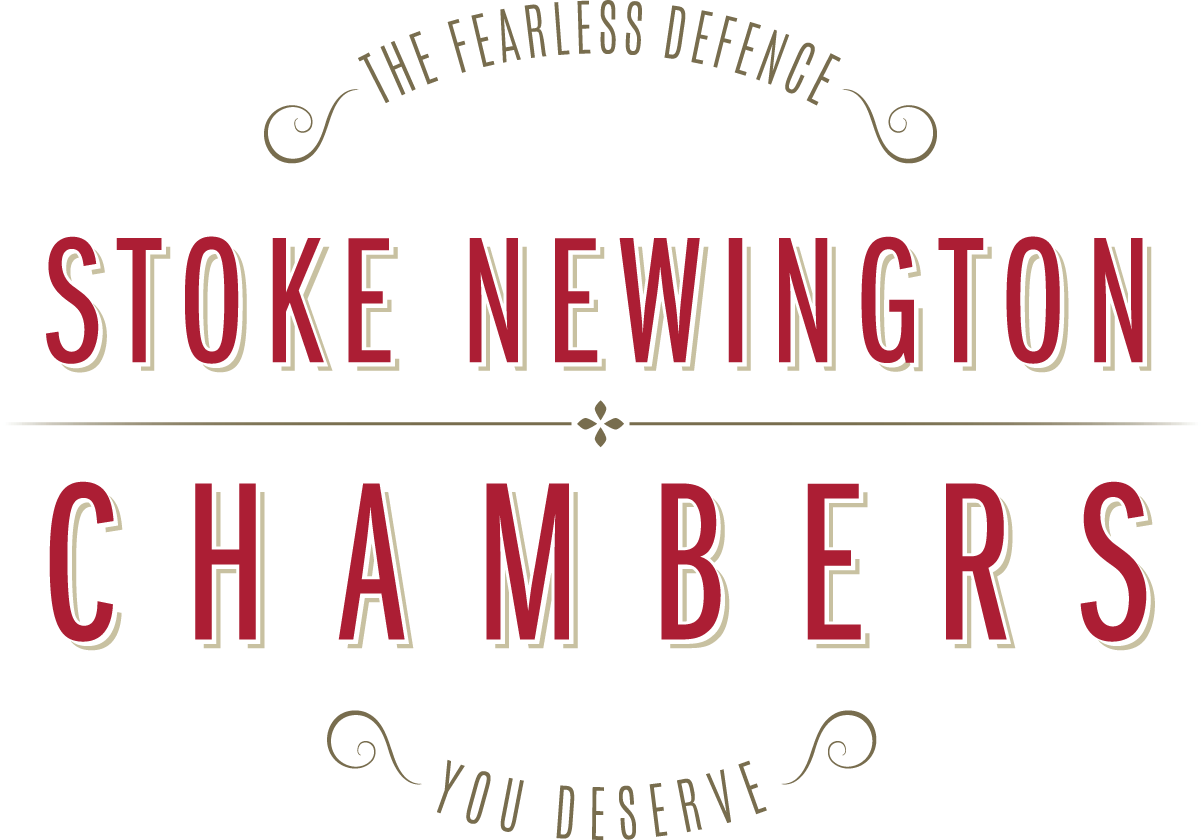One of the best decisions I ever made was to start volunteering at the Toynbee Hall. I liked its “Poor Man’s Lawyer” roots, the buzz of the Wednesday evening first come, first served, advice free-for-all – and how Jack Profumo found his redemption there.
I remember dropping in to the Wednesday evening general advice session early – and making the mistake of opening the door when someone knocked before starting time.
A tide of people started pushing through the door– and it took several of us to shut it again. These potential clients were desperate for help and desperate to make sure they got it.
Despite (or maybe because of ) the door incident, I was encouraged to resurrect the Saturday Women’s Clinic – a safe space where women from any community can come and ask us about anything – saving them from having to explain to their partners/families why they’re out on a week-day night.
For a while, it was just me and Karima Begum. Back then, I was a fairly newish solicitor and Karima was a paralegal. A short while later, we were joined by Kate Hallett, an exceptional Property and Insolvency barrister.
Business was slow at the beginning but it picked up and we were stretched – in a good way. A broke businesswoman from Tower Hamlets wanted to know her rights under her tenancy at will of commercial premises. Countless women came to us with Housing and Homelessness issues. And most disturbing of all, there was a steady flow of destitute women requiring immediate domestic violence assistance – often with an Immigration law twist.
We became skilled fire-fighters and triaged where other resources were available. We helped a pregnant homeless woman move from sleeping on a chair in someone else’s home to a Council flat of her own by essentially briefing the best legal aid Housing solicitor I know. We were able to arrange a place for one of our domestic violence clients on the Sojourner Project waiting list – and were overjoyed when a specialist solicitor in Scotland was able to take her case.
We never saw ourselves as a substitute for legal aid. We listened, we explained rights, we wrote letters, filled out forms, and, where appropriate, we referred our clients to other agencies. In many cases, our form-filling and legal letter-writing skills resolved the matter. In truly exceptional circumstances, we would offer ongoing assistance with a case. There were, however, a few women we were powerless to help.
These days, the pro bono movement is an industry with pre-booked appointments, shiny offices filled with back-room paralegals and loads of students, desperate to get their foot in the door of a legal career.
And we’re told that because of the LASPO cuts to legal aid, demand is rising, and pro bono lawyers are needed now, more than ever.
Leaving aside the issue of whether student law “advisers” should be turned loose on the public (see Scott Greenfield’s excellent, “The poor are for practice”), I have to wonder if the increased demand is limited to those no longer eligible for legal aid.
Someone contacted me the other week, from their work email, looking for Landlord & Tenant advice. Based on what she said, I outlined the services I could offer and gave a quote. She thought it was reasonable and said she would talk it over with her flatmate.
I received an email back, saying they were going to go to the Toynbee Hall and get it for free.
Money Saving Expert has devoted a blog to showing people how to get a free Will from a solicitor.
I look at the Bar Pro Bono website and more than a few potential clients looking for a barrister’s free advice are homeowners – yes, homeowners, looking to dispute their leasehold service charges.
Even more staggering was the free advice request on how to compel a local authority Valuer to lower an already discounted Right to Buy (of a Council flat) offer price.
Pro bono client numbers are up – but do they all need the services of a poor (wo)man’s lawyer?
Or are they simply too cheap to pay?
If we have the “too cheap to pay” also pushing at the door of pro bono services, where does that leave the pregnant lady sleeping on a chair, the family living in a cramped flat with wringing-wet walls – or the domestic violence victim in imminent danger?
The back of the queue – yet again?
I still believe in pro bono – but I’ve adopted the, “pregnant lady sleeping in a chair” test as my New Year’s resolution – to focus my gift of pro bono assistance where it will have the greatest impact.
Would you ask Timpson’s for free dry-cleaning if you were employed?
How do you think they are able to afford this wonderful gesture?


